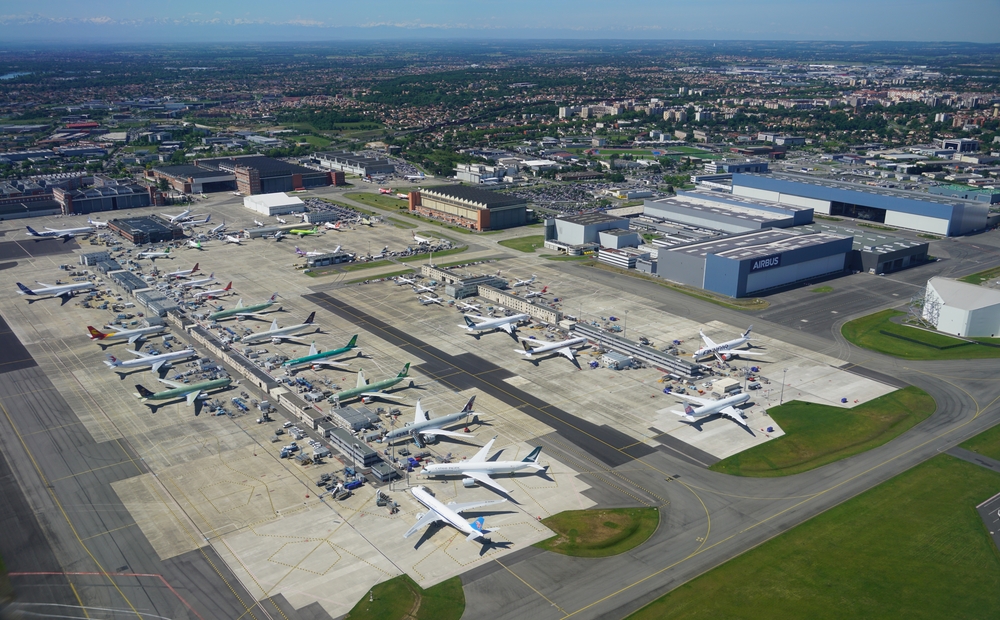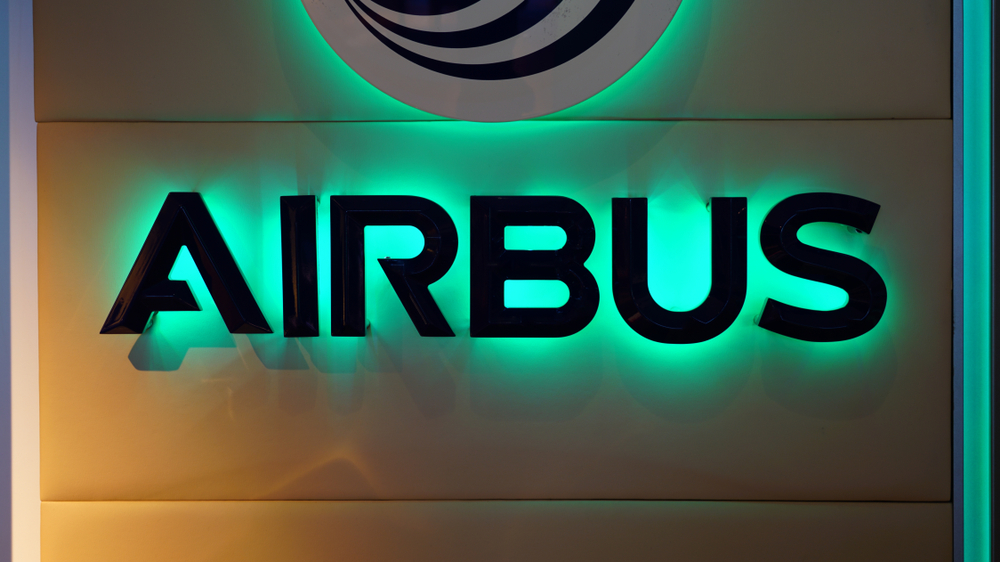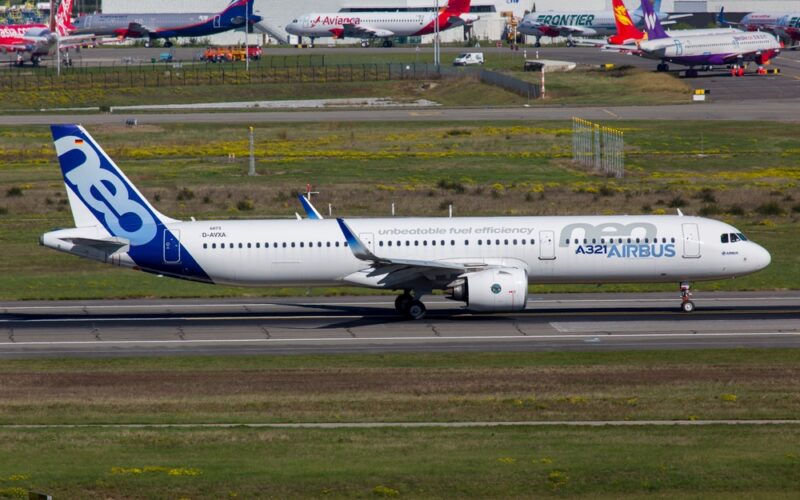European-based planemaker Airbus has warned that it will not reach its intended target of 800 commercial aircraft deliveries in 2024, despite previous reassurances that it would. In a guidance update published on June 24, 2024, the company admitted that ongoing supply chain issues are resulting in a shortage of engines, aircraft structural components, and interior cabin equipment.
As a result, Airbus is now forecasting that it will deliver around 770 aircraft by the end of 2024, around 30 airframes short of its original target. To add to the company’s woes, a planned ramping up of the A320neo family production line (increasing to 75 aircraft per month) has been delayed by a year from 2026 to 2027, suggesting that these supply issues are not expected to be resolved in the short term.
Speaking on a call with reporters, Airbus Chief Executive Guillaume Faury said the situation is not getting any better, requiring the company to adjust its goals for the remainder of 2024. Airbus has long been warning its customer base of supply chain issues and a lack of skilled workers. Both factors resulted after the pandemic grounded the global aviation industry, leaving it stalled, then rendering aircraft manufacturing underprepared once air travel bounced back.

Demand for Airbus aircraft has been particularly strong in the last two years as airlines have been looking to place large future aircraft orders to meet surging demand. However, this has left Airbus (and other manufacturers) under-equipped in both labor and capacity.
Additionally, the supply of new jet engines has recently emerged as a bottleneck in the manufacturing process that contributed to Airbus lowering its outlook, Faury said. He also added that cabin interior parts, for example, are in short supply because airlines are refurbishing older planes, meaning shipments of new interiors to Airbus are constrained.
Meanwhile, this issue has had the dual effect of delaying future aircraft deliveries, meaning that airlines are being forced to fly older aircraft longer to meet demand as they await the arrival of new planes into their fleets.
Faury added that economic and geopolitical challenges are contributing to the situation and are here to stay “for a while”, adding that supply issues might persist for the next two to three years.

Despite the supply chain setback it is facing, Airbus has been enjoying a relatively stable first half of 2024, winning several major orders from the likes of Saudia, IndiGo, and Korean Air. Compare this to arch-rivals Boeing, which has crawled from one headline-grabbing PR disaster to another following the Alaska Airlines 737 MAX 9 incident in January 2024.
The US company has been forced to scale back production rates of its 737 MAX family of narrowbodies, which had the potential to open the floodgates to allow Airbus to sweep up any new narrowbody orders. However, facing its own issues, Airbus has been constrained in capitalizing on any perceived advantage. In any event, both manufacturers have bulging order books for both single-aisle and twin-aisle aircraft for many years to come.
The European plane maker now expects adjusted earnings before interest and tax of €5.5 billion ($8 billion) in 2024, down from a previous goal of as much as €7 billion. The company also cut its outlook for free cash flow before customer financing to about €3.5 billion.

